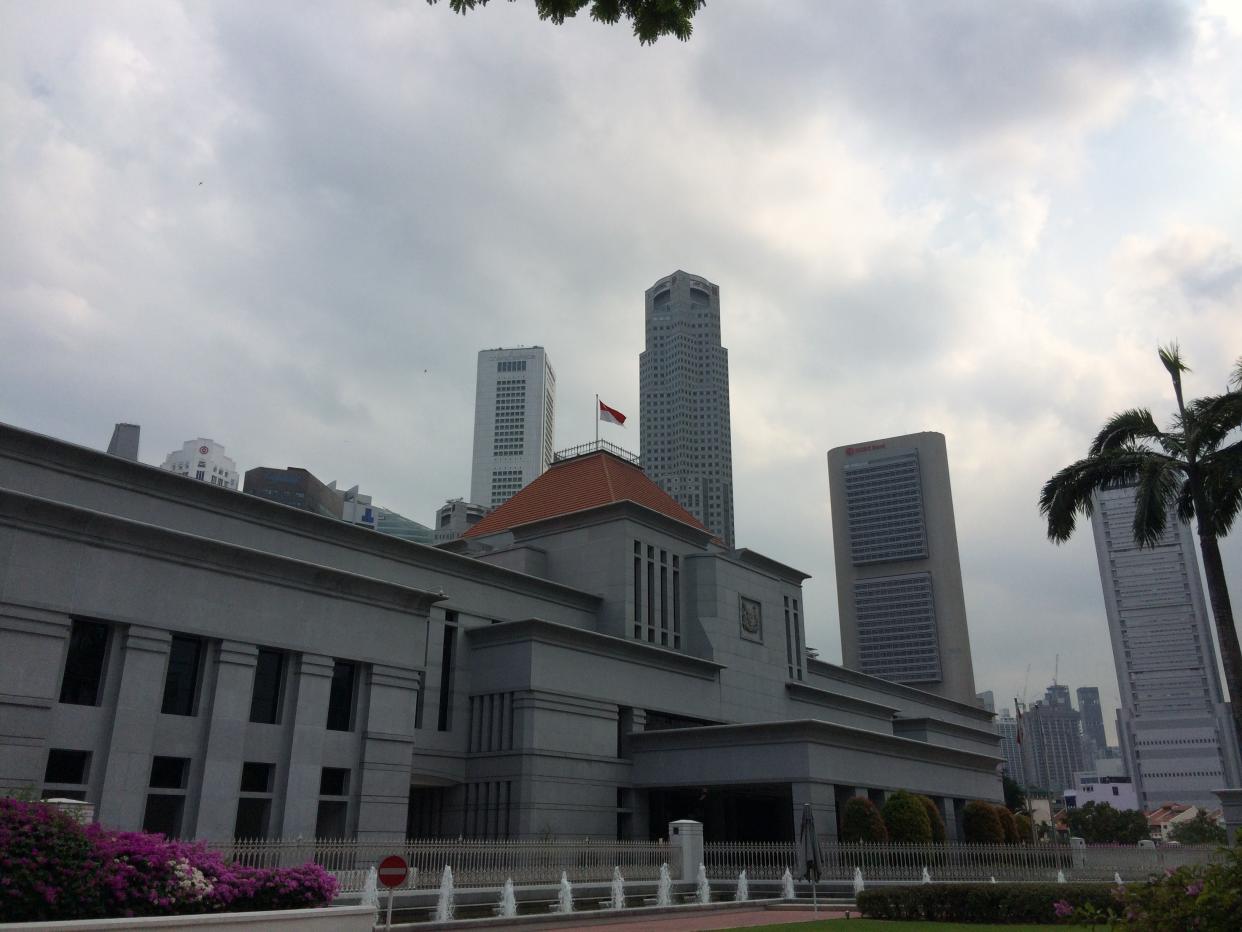Parliament: Draft bill proposes up to 10 years' jail for individuals who deliberately spread fake news

More than six months after a Select Committee on Deliberate Online Falsehoods (DOFs) released its recommendations to the government, the Law Ministry tabled the Protection from Online Falsehoods and Manipulation Bill in Parliament on Monday (1 April).
The Ministry said that the Bill seeks to protect society against the damage from DOFs created by malicious actors. It stressed that the draft legislation targets falsehoods, not opinions and criticisms, nor satire or parody. It defines a falsehood as a statement of fact that is false or misleading.
Taking into account some of the committee’s 22 recommendations, the draft Bill proposes sanctions against three types of actors:
Those who communicate what they know to be a falsehood, via digital means, in the knowledge or belief that it will prejudice specified grounds of public interest
Those who use bots for spreading falsehoods in Singapore
Those who provide services for the purpose of spreading a falsehood in Singapore for reward
Proposed sanctions include fines of between $30,000 and up to $1 million, and/or jail time of up to 10 years. The penalties could be doubled if the falsehood will or is likely to impact public interest as defined in the law.
Only those who act to deliberately undermine society using falsehoods will be subject to the criminal offences.
A Law Ministry spokesperson noted that countries such as France and Germany have already passed laws to guard against fake news. He added that Singapore must act, and ensure we have the defences needed to deal with the problem.
“Such online falsehoods have had serious consequences. They are being used to divide society, spread hate, and weaken democratic institutions. Combined with digital technology, the dangers of falsehoods have become more serious and greater in scale,” said the spokesperson.
Examples include falsehoods in Indonesia in 2016 about a Chinese woman who supposedly disrupted prayers at a mosque and expelled the prayer leader. This incited an angry mob who burned 12 Buddhist temples and resulted in billions of rupiah in losses.
Corrections alongside the falsehoods
The spokesperson stressed that corrections will be the primary response to a harmful online falsehood that is actively spreading. “Corrections will usually require the facts to be put up alongside the falsehood, so that the facts can travel together with the falsehood. Online platforms may also be required to ensure that those who previously saw the falsehood also see the correction.”
The Courts will have the final say on what is false, and any decision by the government on what is false can be overridden by the courts on appeal.
The Bill also provides for measures such as taking down of online falsehoods, disabling of inauthentic online accounts or bots that are spreading falsehoods against the public interest and declaration of an online site that repeatedly spreads falsehoods, to cut off its ability to profit, without shutting it down.
The online site must have, in the preceding six months, published three different falsehoods that are the subject of active directions, meaning that each falsehood was against the public interest.
In conclusion, said the ministry spokesperson, the Bill will help ensure online falsehoods do not drown out authentic speech and ideas, and undermine democratic processes and society. “The aim is to keep in place the conditions for Singaporeans, as individuals and civic society, to build a healthy and robust public discourse, informed by the facts.”
Related stories:
Watain concert was cancelled due to ‘mainstream, widespread’ Christian objections: Shanmugam
Offensive speech ‘more insidious’ than hate speech, can lead to dehumanisation: Shanmugam



